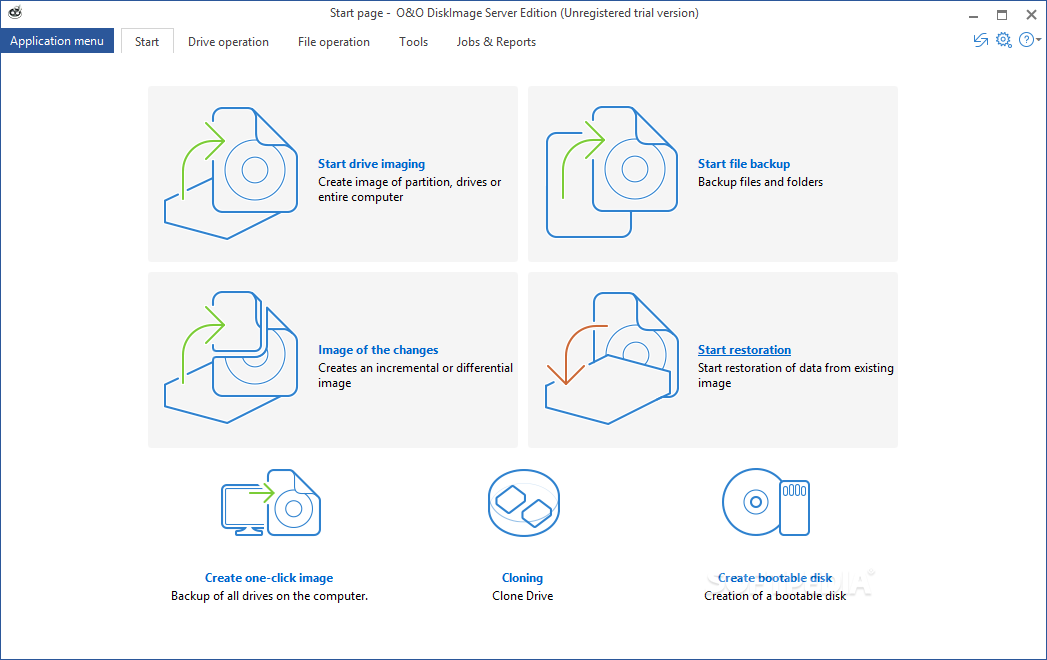
O&O DiskImage lets you carry out a system restore and to duplicate or clone an entire PC or hard drive. It also supports SSD drives and the latest UEFI System. In the event you should lose your personal data it can be quickly restored with just a few mouse clicks - even when Windows is no longer able to start. close (of the weather)).Free Download O&O DiskImage Professional / Server 18.4.297 | 203.6 Mb O&O DiskImage 18 lets you back up an entire computer or single files whenever you want - even while the computer is being used. In Welsh, ò is sometimes used, usually in words borrowed from another language, to mark vowels that are short when a long vowel would normally be expected, e.g., clòs (eng. In Macedonian, ò is used to differentiate the word òд (eng. This word is found in both Nynorsk and Bokmål. Ò can be found in the Norwegian word òg which is an alternative spelling of også, meaning "also". In Romagnol, it is used to represent, e.g. In Emilian, ò is used to represent, e.g. Ò represents the open-mid back rounded vowel /ɔ/ and È represents the open-mid front unrounded vowel /ɛ/. córso, "course"/"run", the past participle of "correre". It can also be used on the nonfinal vowels o and e to indicate that the vowel is stressed and that it is open: còrso, "Corsican", vs. In Italian, the grave accent is used over any vowel to indicate word-final stress: Niccolò (equivalent of Nicholas and the forename of Machiavelli). In Chinese pinyin, ò is the yángqù tone (阳去, falling tone) of "o". In the Vietnamese alphabet, ò is the huyền tone (falling tone) of "o".

Ò is the 28th letter of the Kashubian alphabet and represents /wɛ/. It is used in Catalan, Emilian-Romagnol, Lombard, Papiamento, Occitan, Kashubian, Sardinian, Scottish Gaelic, Taos, Vietnamese, Haitian Creole, Norwegian, Welsh and Italian.

Ò, ò ( o- grave) is a letter of the Latin script.


 0 kommentar(er)
0 kommentar(er)
